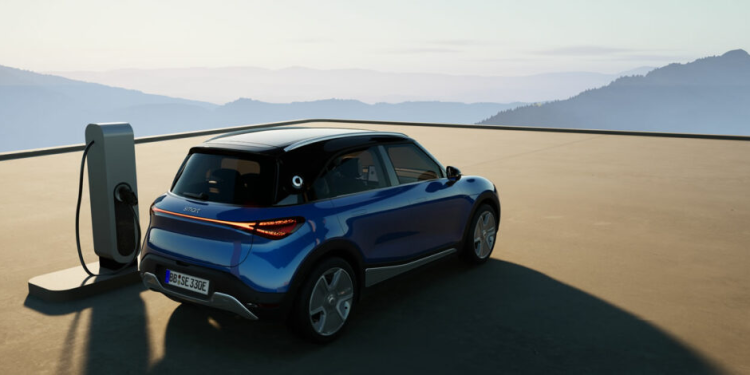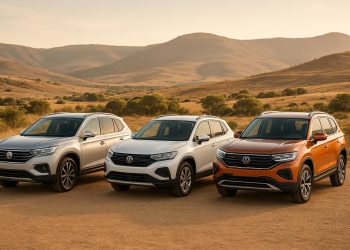South Africa, with its rich cultural heritage, is at a crossroads, facing significant environmental challenges. As the world embraces a more sustainable future, the adoption of eco-friendly cars presents an opportunity for South Africa to modernize its automotive landscape while addressing environmental concerns.
Understanding Eco-Friendly Cars
Eco-friendly cars, broadly defined, are vehicles that pollute less and operate more efficiently than traditional vehicles. This encompasses various types, including electric vehicles (EVs), hybrids, and fuel cell vehicles, all contributing to reduced environmental impact.
Current State of Electric Vehicles in South Africa
While electric vehicles (EVs) are gaining popularity globally, South Africa has experienced a slower adoption rate. As of 2019, only around 900 EVs were registered in the country. Challenges such as limited infrastructure, high costs, and insufficient government support have contributed to this slower uptake. However, reports suggest that African countries, including South Africa, could become significant contributors to the growing demand for EVs.
Available Eco-Friendly Cars
Despite the slow adoption, there are notable eco-friendly cars available in South Africa. Some examples include:
- BMW i3 (Electric)
- Jaguar I-Pace (Electric)
- Volkswagen Polo (Hybrid)
- Toyota Prius (Hybrid)
- Volvo XC90 (Plug-in Hybrid)
- BMW i8 (Plug-in Hybrid)
- Mercedes-Benz EQC (Electric)
- Ford Fiesta 1.5 TDCi Trend (Diesel)
- Nissan Micra (Petrol)
- Toyota Corolla Cross 1.8 (Hybrid)
- Honda Fit (Hybrid)
These cars span various fuel sources, providing consumers with options that align with their preferences and environmental consciousness.
The Role of Education
Education plays a crucial role in promoting sustainability and encouraging the adoption of eco-friendly cars. Formal environmental education, as highlighted in a study published in MDPI, can raise awareness of our impact on the planet and contribute to sustainable development, aligning with efforts to reduce the country’s carbon footprint.
National Development Plan 2030
The South African government’s National Development Plan 2030 emphasizes sustainable development, recognizing the need to reduce the country’s carbon footprint. Targets include reducing greenhouse gas emissions, increasing renewable energy use, and improving waste management. Eco-friendly cars align with these targets, offering a cleaner and more sustainable transportation option.
Challenges in Adoption
Despite the potential benefits, there are challenges in adopting eco-friendly cars in South Africa. Issues such as a lack of infrastructure, including charging stations, high initial costs, and limited government support pose hurdles to mass adoption. Overcoming these challenges will be essential for successfully integrating eco-friendly cars into the country’s automotive landscape.
Looking Ahead
As the world moves towards a more sustainable future, South Africa has the opportunity to lead by example. In alignment with the National Development Plan, the automotive industry can contribute to reduced emissions and a cleaner environment. While challenges exist, advancements in infrastructure, pricing models, and government support can pave the way for a future where eco-friendly cars are more accessible and widely embraced.
Conclusion
The journey towards a sustainable automotive future in South Africa is unfolding. The country can play a pivotal role in shaping a modern heritage that prioritizes eco-friendly transportation by staying informed and addressing challenges. As developments progress, South Africa has the potential to inspire and set benchmarks for other nations to follow suit.





